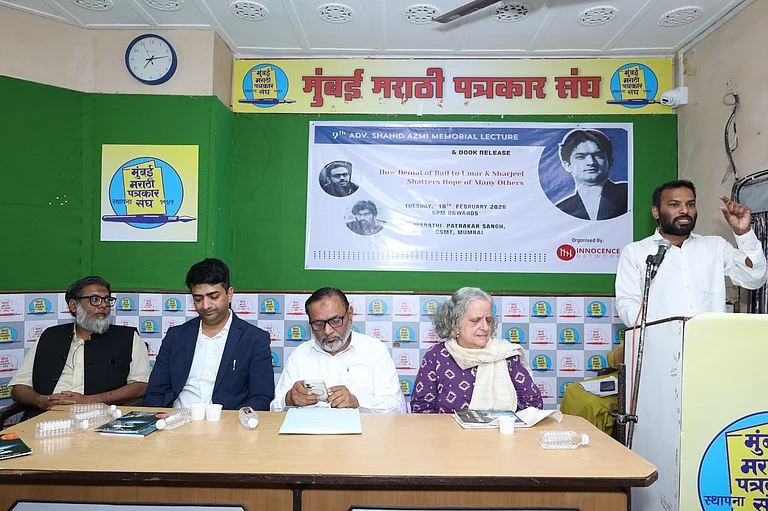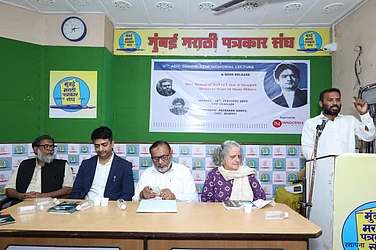If Delhiiites felt unusually warm on Thursday, it was not without a reason. Thursday was the hottest January day in Delhi in the last eight years.
According to the India Meteorological Department (IMD), the maximum temperature was 27.7 degrees Celsius, as many as eight notches above the season's average.
The minimum was 7 degrees Celsius, showing no deviation from the season's average.
The highest January temperature in the last decade was recorded in 2010 when the mercury had climbed to 28 degrees Celsius.
In 2011, the maximum January temperature was 24.6, 25.6 in 2012, 25.2 in 2013, 24 in 2014, 21.6 in 2015 and 27.2 degrees Celsius in 2016, as per IMD records.
Private weather forecast agency Skymet said Delhi is currently going through the longest dry spell during the winter season in the last five years as the city has remained absolutely dry during the last 38 days.
"One of the key reasons for the absence of winter rains can be attributed to the less number of Western Disturbances over Jammu and Kashmir. Winter season is mainly governed by the Western Disturbance.
"Although there have been series of Western Disturbances, but they were not active enough to impact the weather over plains of Northwest India including Delhi-NCR," a Skymet report said.
However, Mahesh Palwat, vice president meteorology and climate change in Skymet, said due to change in wind direction, day and night temperatures of northern plains including Delhi and NCR is likely to drop.
Meanwhile, the Central Pollution Control Board (CPCB) recorded severe levels of PM2.5 and PM10 today.
While the concentration of PM2.5 was 264.7 micrograms per cubic metre (ug/m3) at 7 pm, PM10 was 430.6 ug/m3.
According to the Graded Response Action Plan (GRAP), pollution is considered severe when PM2.5 levels are above 250 µg/m3 or PM10 levels are above 430 µg/m3.
The corresponding 24-hour average safe standards of these ultra-fine pollutants are 60 and 100.


























